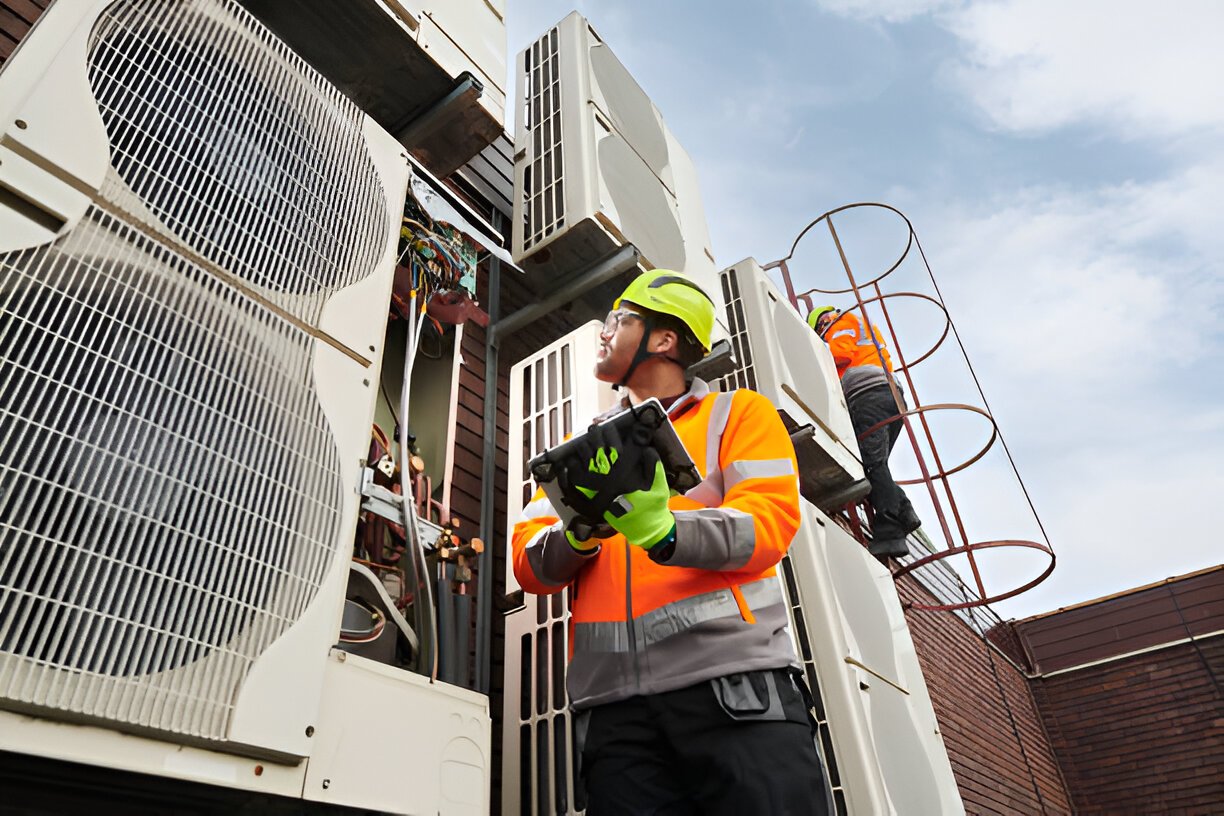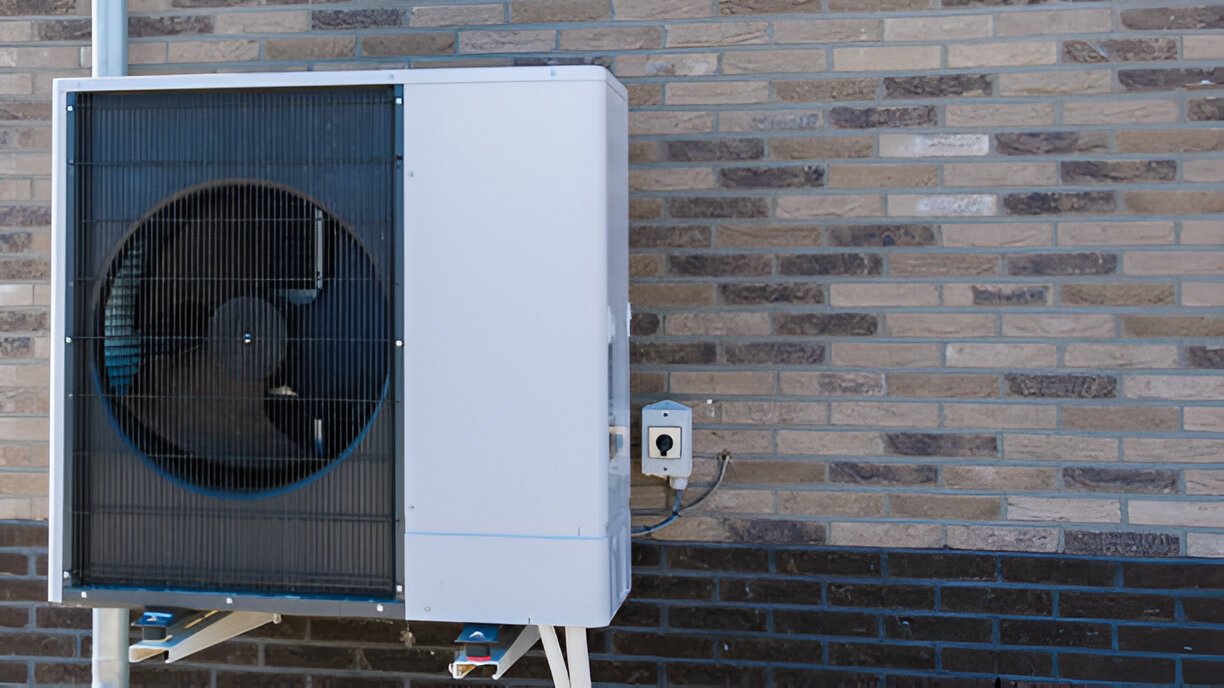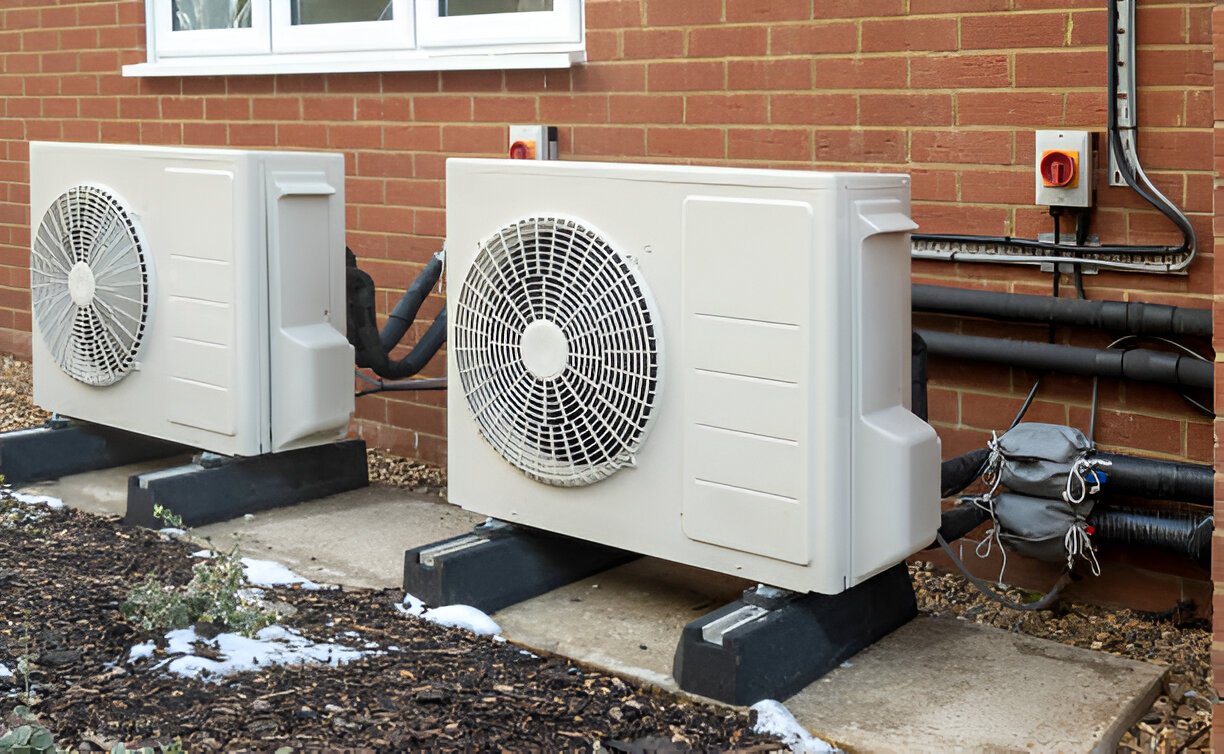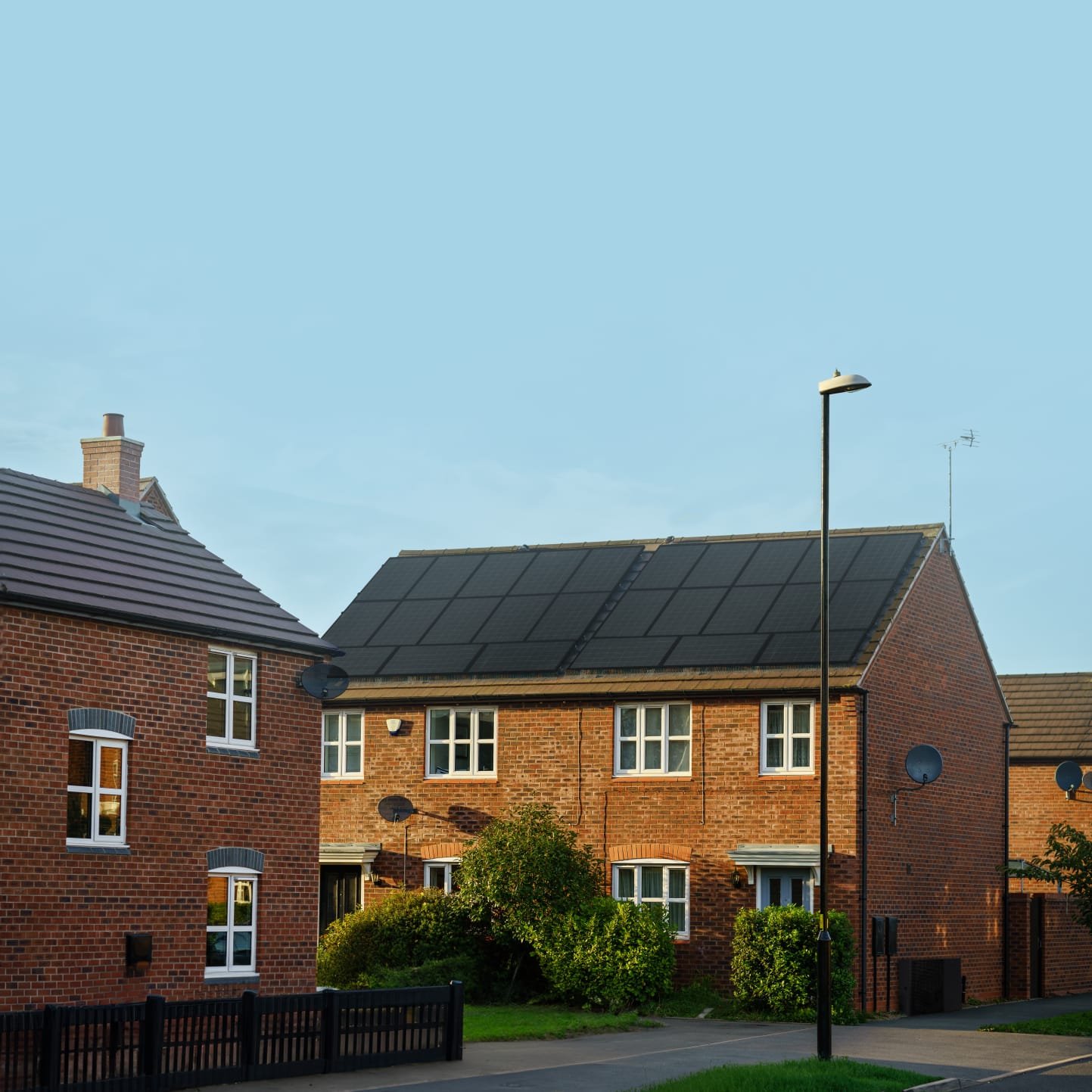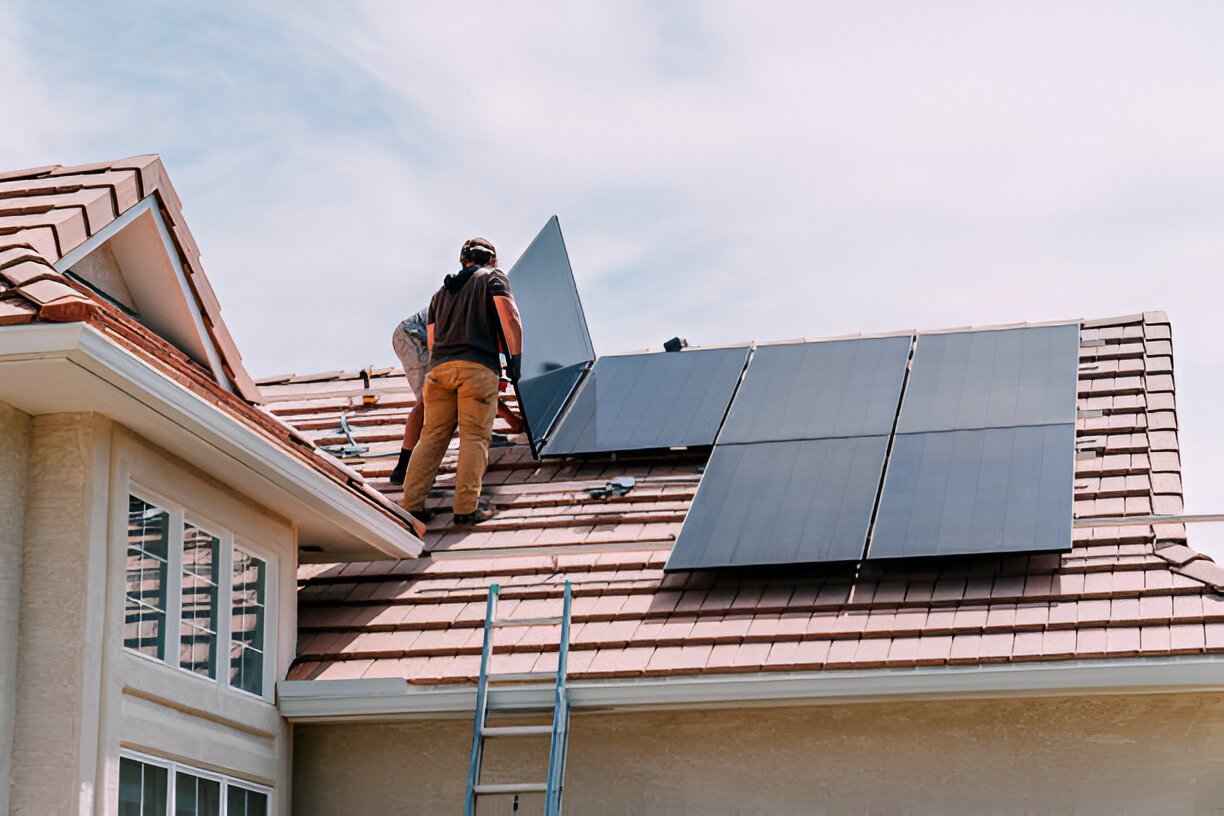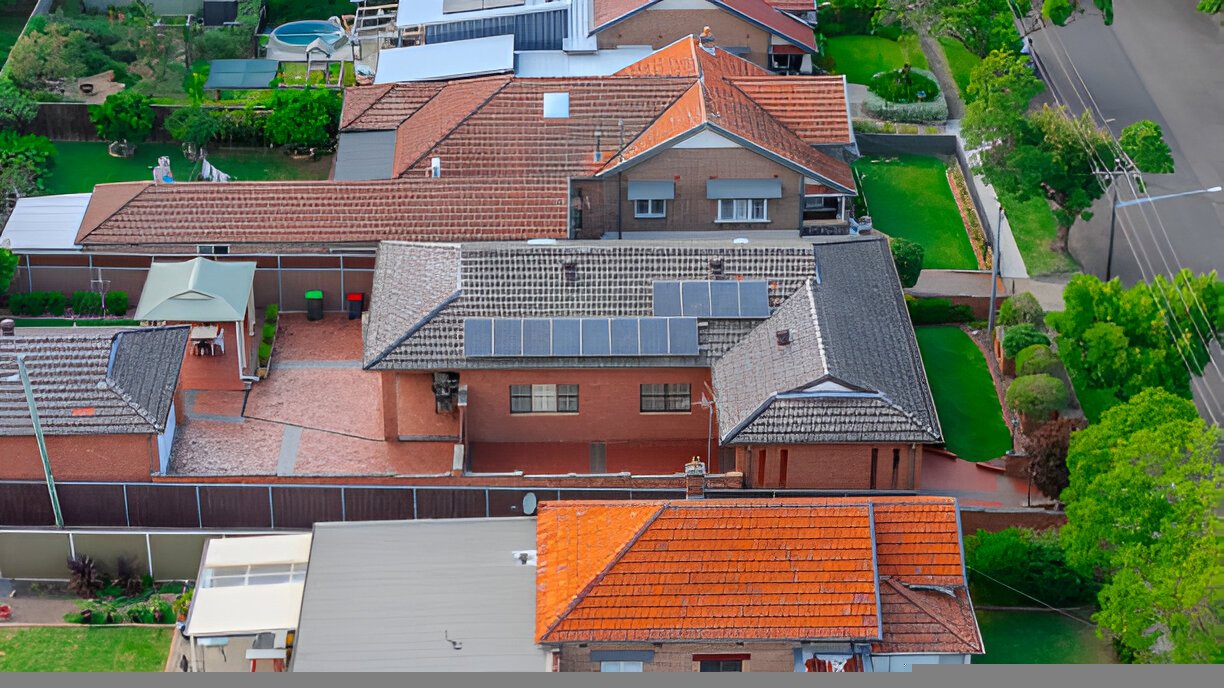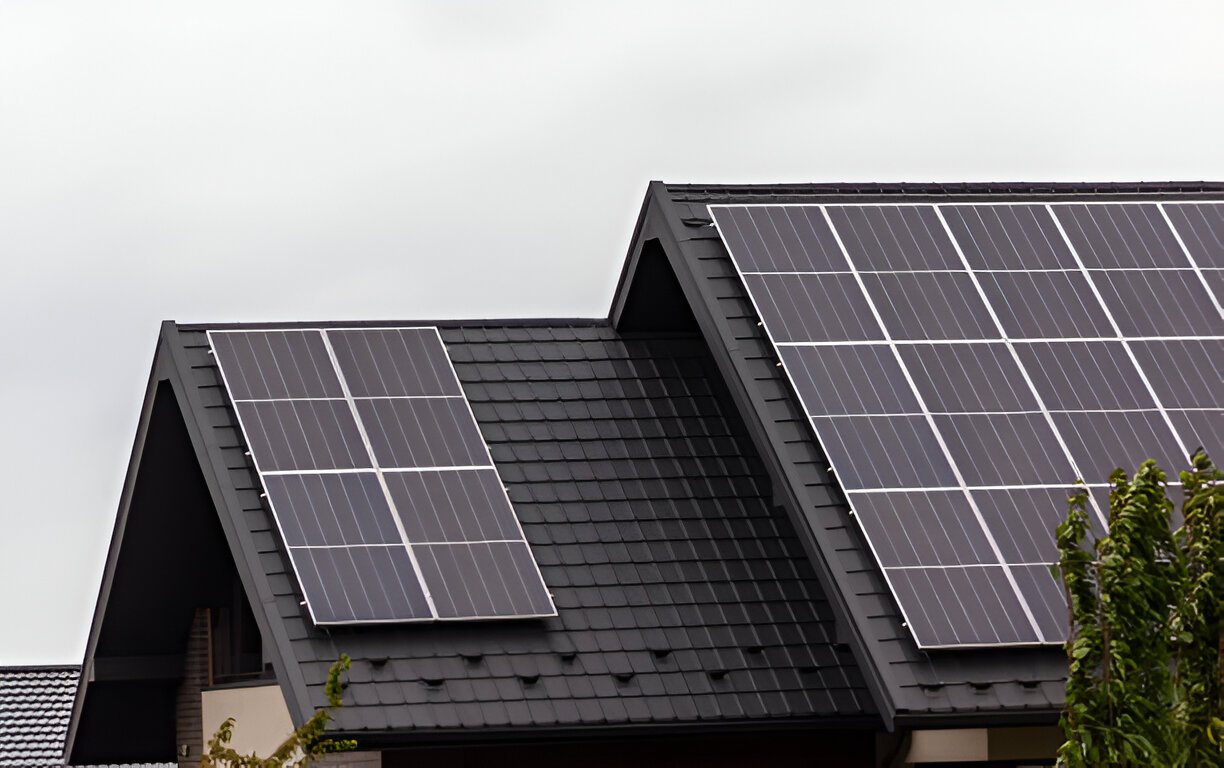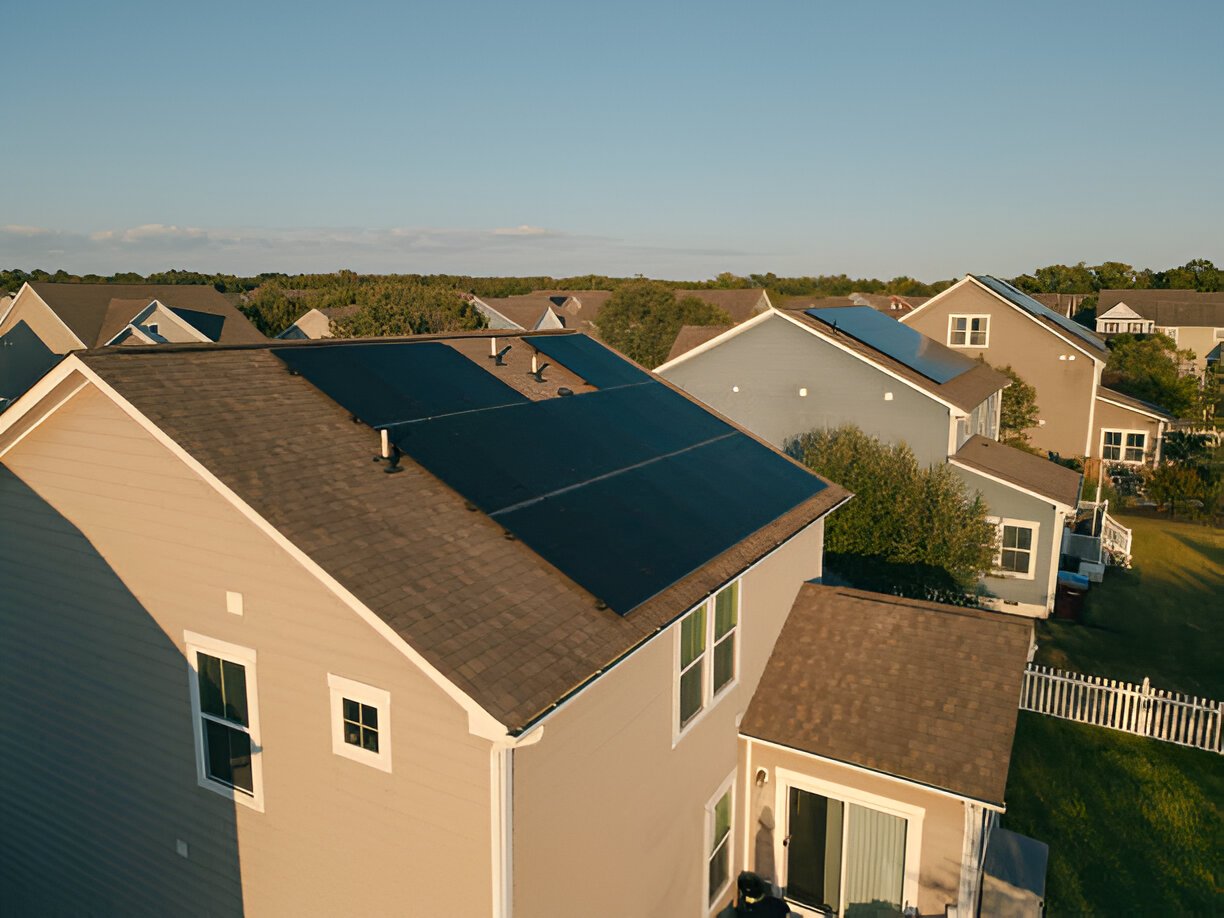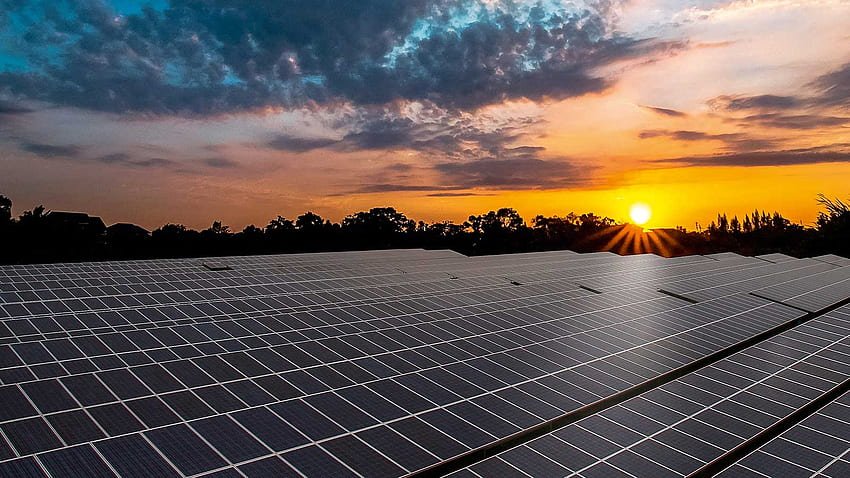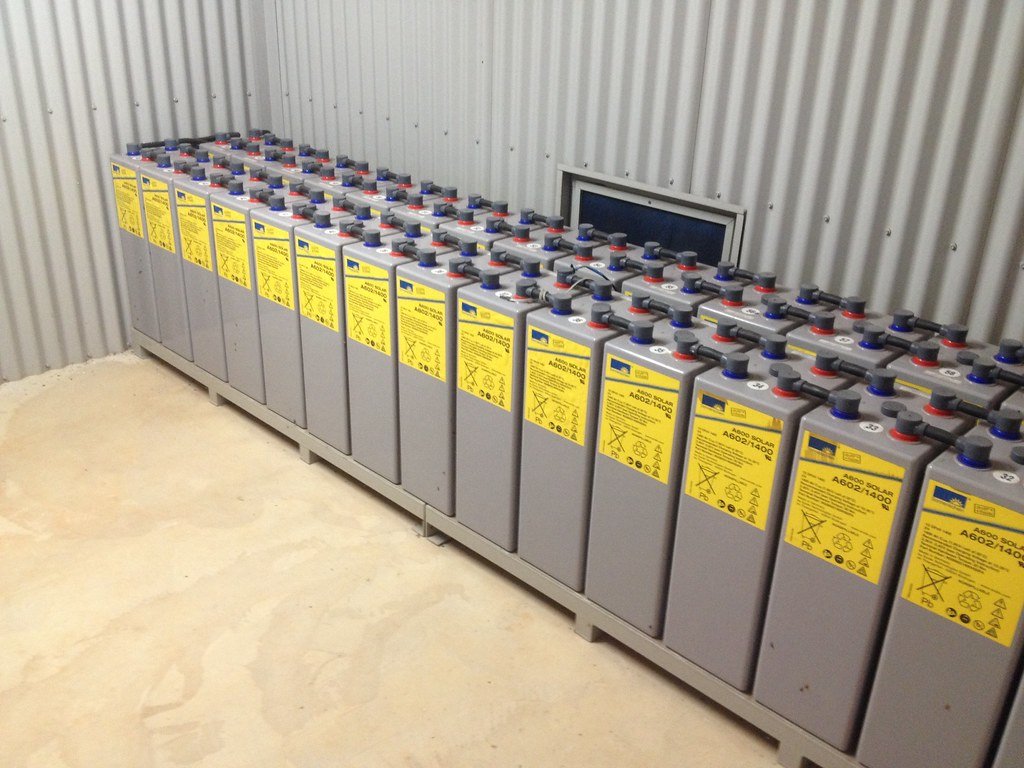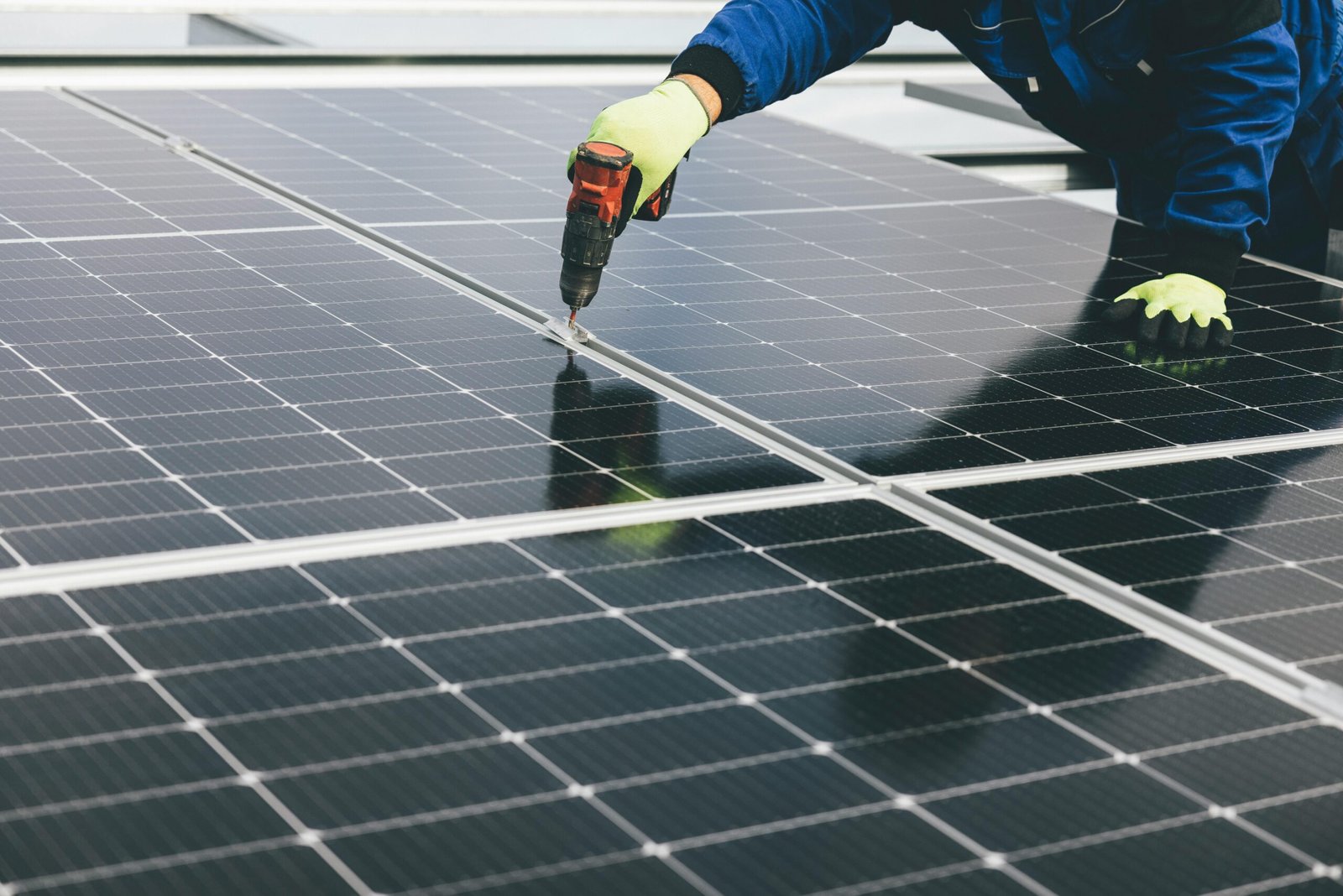Switching to a heat pump can lower your energy bills while reducing your carbon footprint. Unlike traditional heating systems, heat pumps use electricity to transfer heat rather than generating it, making them highly efficient. But how much can you actually save? That depends on factors like energy prices, your current heating system, and available government incentives.
This guide will break down the savings potential of heat pumps, comparing them to traditional systems and exploring long-term financial benefits. Understanding these details can help you decide if a heat pump is the right investment for your home.
Understanding Heat Pump Efficiency and Energy Savings
Heat pumps operate by moving heat rather than producing it, making them far more efficient than conventional heating systems. Their efficiency is measured by the Coefficient of Performance (COP), which represents the amount of heat produced per unit of electricity consumed. Most heat pumps have a COP of 3 or higher, meaning they generate three times more energy than they consume.
This efficiency translates into lower energy consumption. Compared to gas boilers, which operate at around 90% efficiency, heat pumps can reach efficiencies of over 300%. This reduction in energy use leads to significant savings on heating bills, especially in homes currently using expensive fuels like oil or electric resistance heating.
Comparing Heat Pumps to Traditional Heating Systems
Traditional heating systems rely on burning fuel or using electric resistance to generate heat, which can be costly and inefficient. Heat pumps, on the other hand, transfer heat from the air or ground, making them a more energy-efficient solution. Here’s a detailed comparison to help you understand how heat pumps are different.
Heat Pumps vs. Gas Furnaces
Gas furnaces burn fuel to create heat, with efficiency typically ranging from 80% to 98%. While modern condensing gas boilers are more efficient than oil boilers or older models, they still require fossil fuels, leading to higher emissions.
Ground and air source heating models, on the other hand, use electricity and renewable energy sources. This makes them a greener and often cheaper alternative to gas boilers in the long run.
Heat Pumps vs. Oil and Electric Heaters
Oil heating systems tend to be costly and less efficient, with fuel prices fluctuating based on global supply. Electric resistance heaters, though 100% efficient at converting electricity to heat, consume far more power than ground and air source heat systems, leading to high energy bills. Switching from these traditional systems to a heat pump can significantly reduce costs while improving energy efficiency.
Average Cost Savings on Energy Bills
The amount you save depends on your current heating system and local energy prices. On average, homeowners switching from electric heating to a heat pump can save up to 50% on their energy bills. Those switching from gas may see savings of around 20% to 30%, while homes currently using oil or LPG can cut their heating costs by up to 40%.
For example, a UK household spending £1,500 annually on heating could save between £300 and £750 per year with a heat pump. Over the lifespan of the system, these savings add up, making a ground or air source heat pump a cost-effective solution despite the higher upfront investment.
Government Incentives and Rebates
Government incentives make ground source and air source heat pump installations more affordable. In the UK, the Boiler Upgrade Scheme (BUS) offers grants to encourage homeowners to switch to renewable heating. The scheme provides up to £7,500 for eligible air source and ground source heat pump installations, significantly reducing the initial cost.
Other financial incentives, such as lower VAT rates on energy-efficient home improvements, further enhance the savings potential. These incentives make switching to a heat pump more accessible and financially beneficial for homeowners looking to reduce both costs and carbon emissions.
Long-Term Savings: Maintenance and Lifespan Benefits
Beyond energy bill reductions, both ground and air source heat pump models also offer long-term financial advantages. Unlike boilers, which require frequent servicing and potential fuel deliveries, heat pumps work by transferring heat. Therefore, they have fewer moving parts leading to lower maintenance costs.
A well-maintained heat pump can last 15 to 25 years, compared to the average 10- to 15-year lifespan of a gas boiler. With fewer breakdowns and no need for fuel storage or delivery, ongoing running costs remain minimal.
Over two decades, the cumulative heat pump savings from reduced maintenance and energy efficiency can make them one of the best money-saving upgrades in your home.
Factors That Affect Your Savings Potential
While both ground and air source heat pumps offer significant savings, the amount you save depends on several key factors. Everything from your home’s insulation to electricity costs in your area can influence how much you benefit from switching to a heat pump.
Insulation and Home Efficiency
A well-insulated home retains heat better, allowing your ground or air source heat pump to work more efficiently. Homes with poor insulation may not see the full benefits of a heat pump, as heat loss can offset energy savings. Upgrading insulation before installation can enhance efficiency and maximize cost savings.
Local Climate
Air source heat pumps perform best in moderate climates, but modern models are designed to work efficiently even in colder regions. Ground-source heat pumps are more efficient in areas with harsh winters as the ground retains more heat in such conditions.
Electricity Prices
Both ground and air source heat pumps run on electricity. Therefore, local electricity rates impact overall savings. In areas with high electricity costs, pairing a heat pump with solar panels can further reduce expenses. Taking advantage of off-peak electricity tariffs with solar batteries can also help lower running costs.
Conclusion: Is a Heat Pump Worth the Investment?
Switching to a heat pump can result in substantial savings on energy bills while reducing your home’s environmental impact. With government incentives and long-term efficiency benefits, the investment often pays off within a few years.
At Samso Heat Pumps, we help homeowners transition to cost-effective and energy-efficient heating solutions. Contact us today to find out how much you can save with a heat pump and take the next step toward a greener future.

